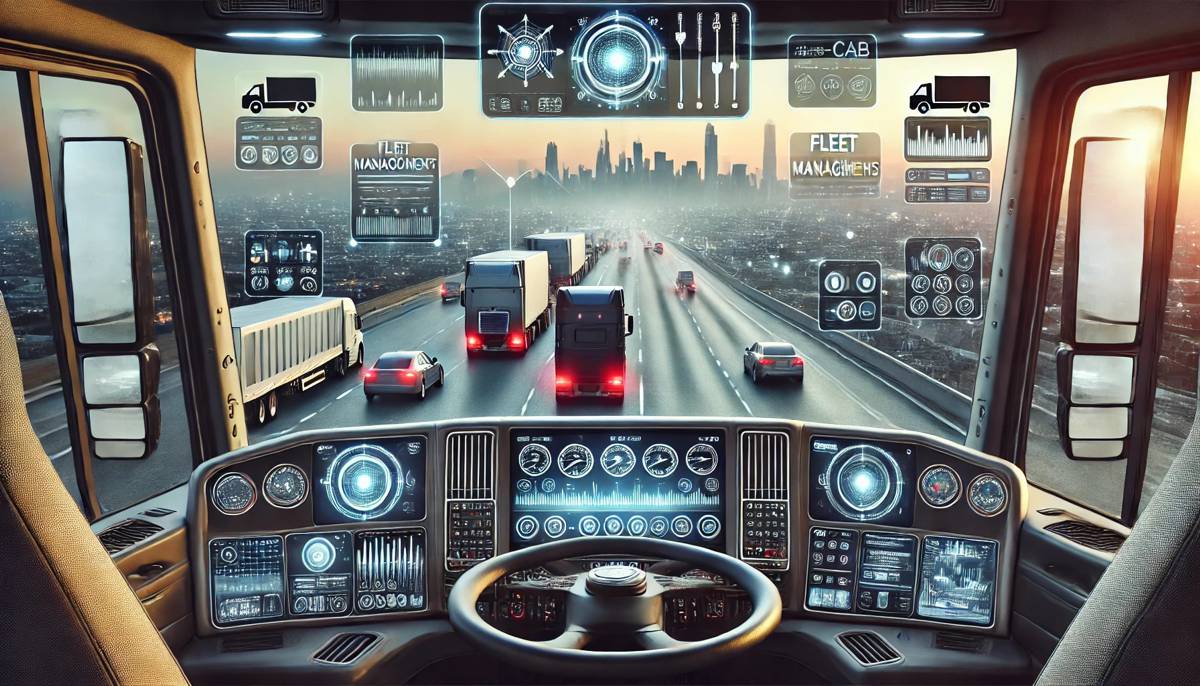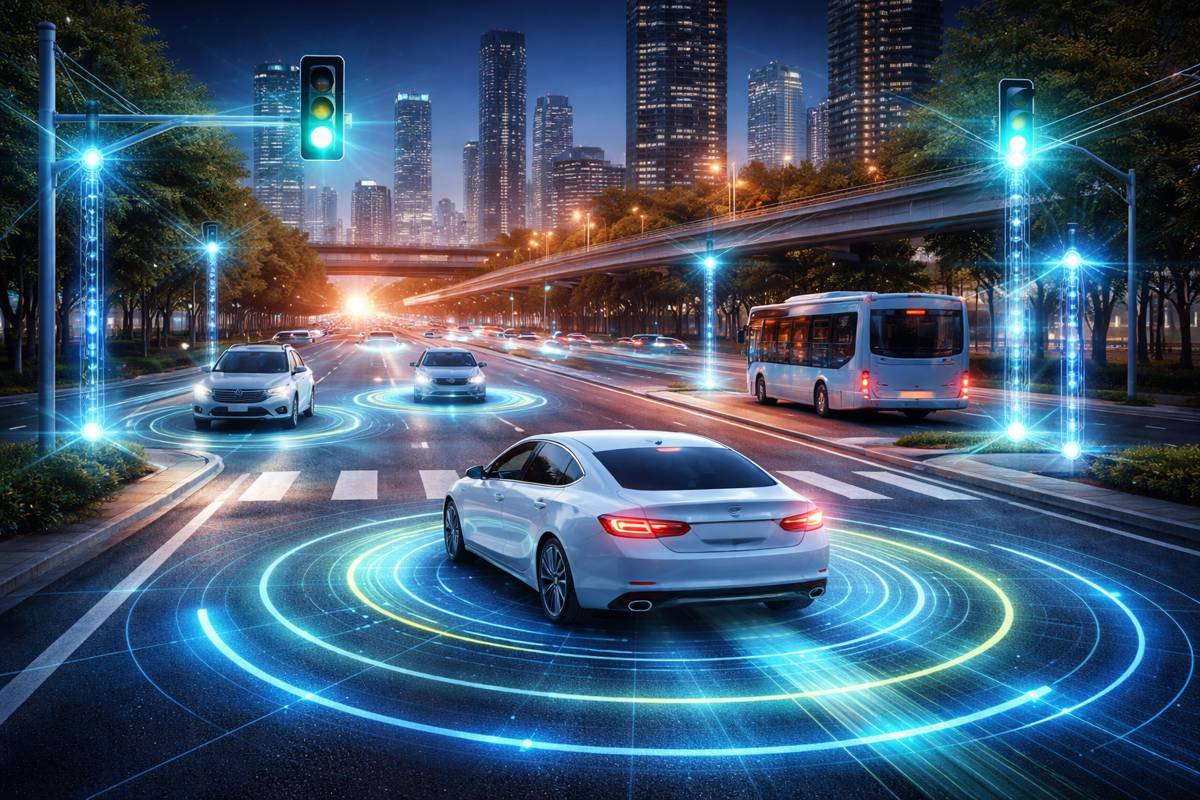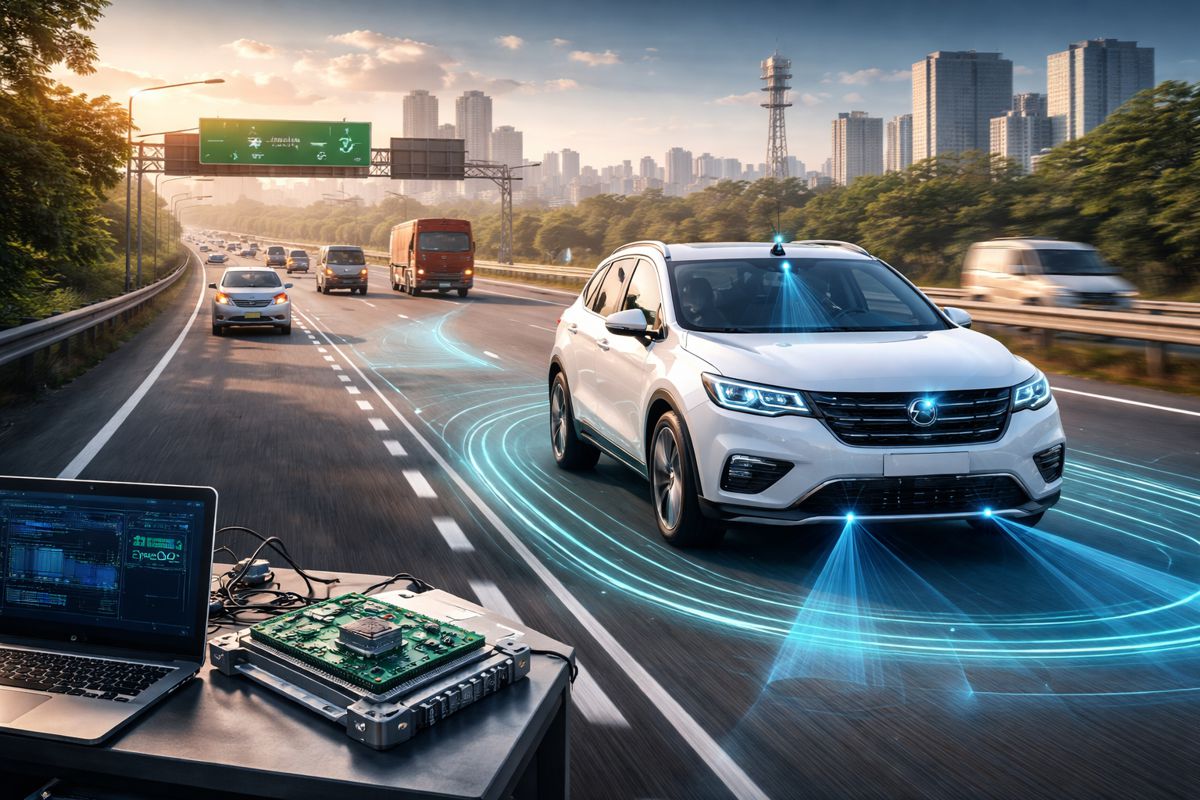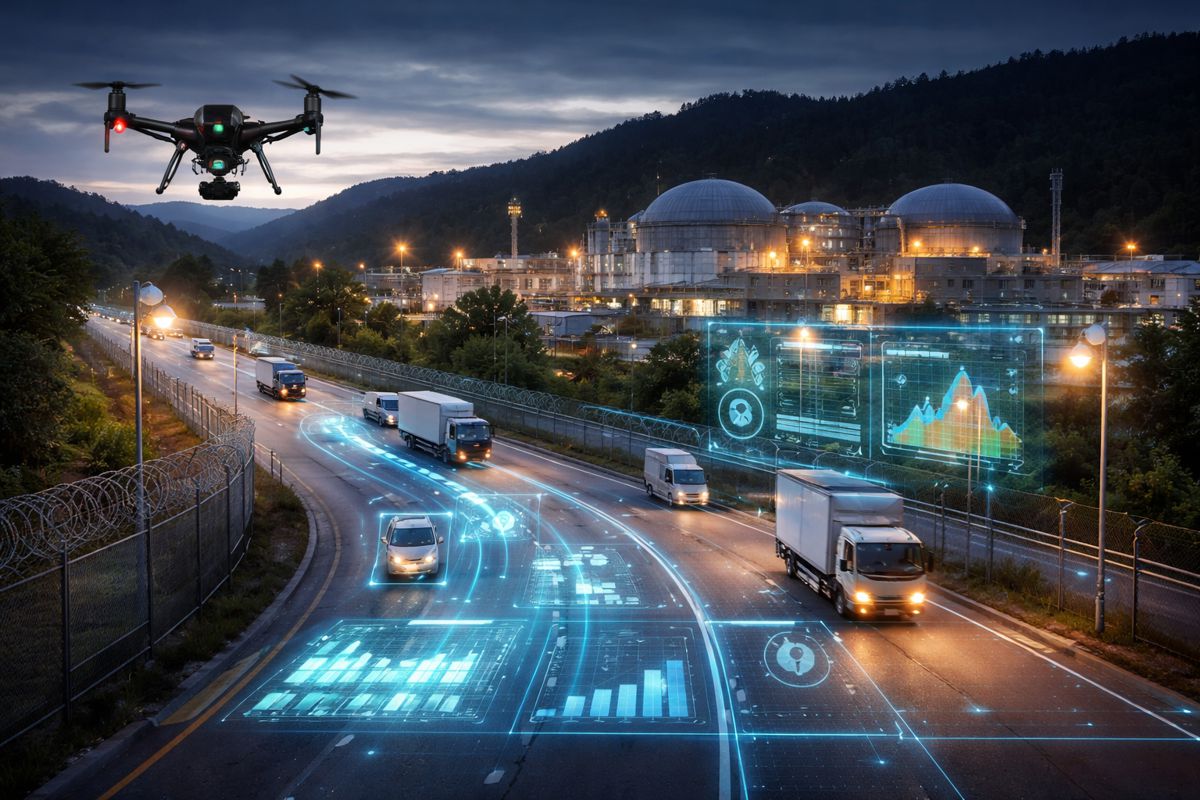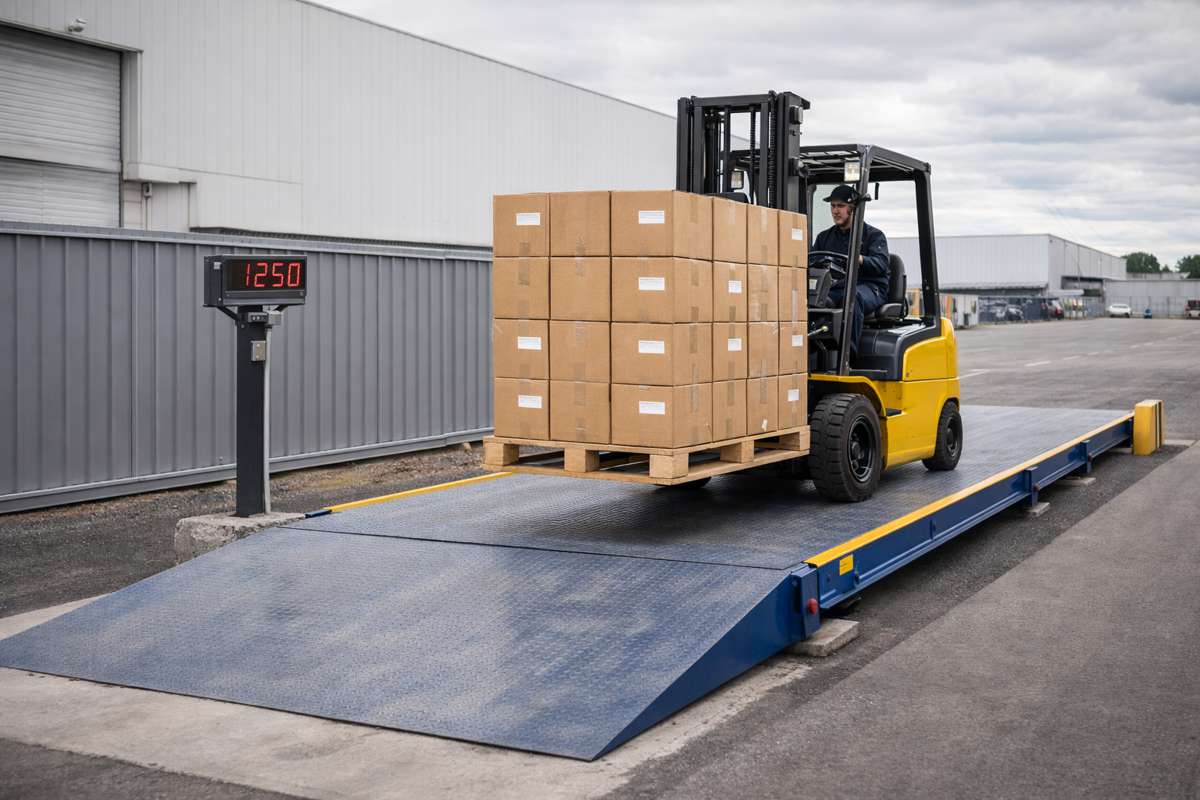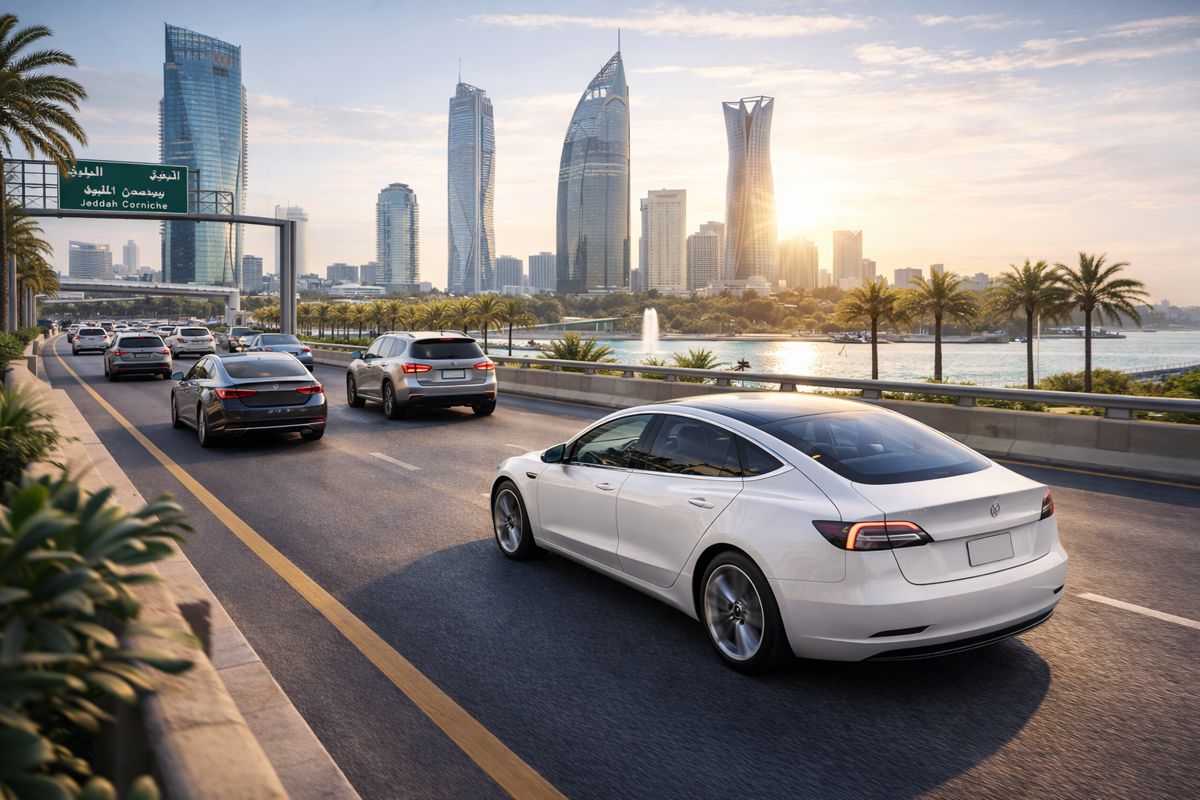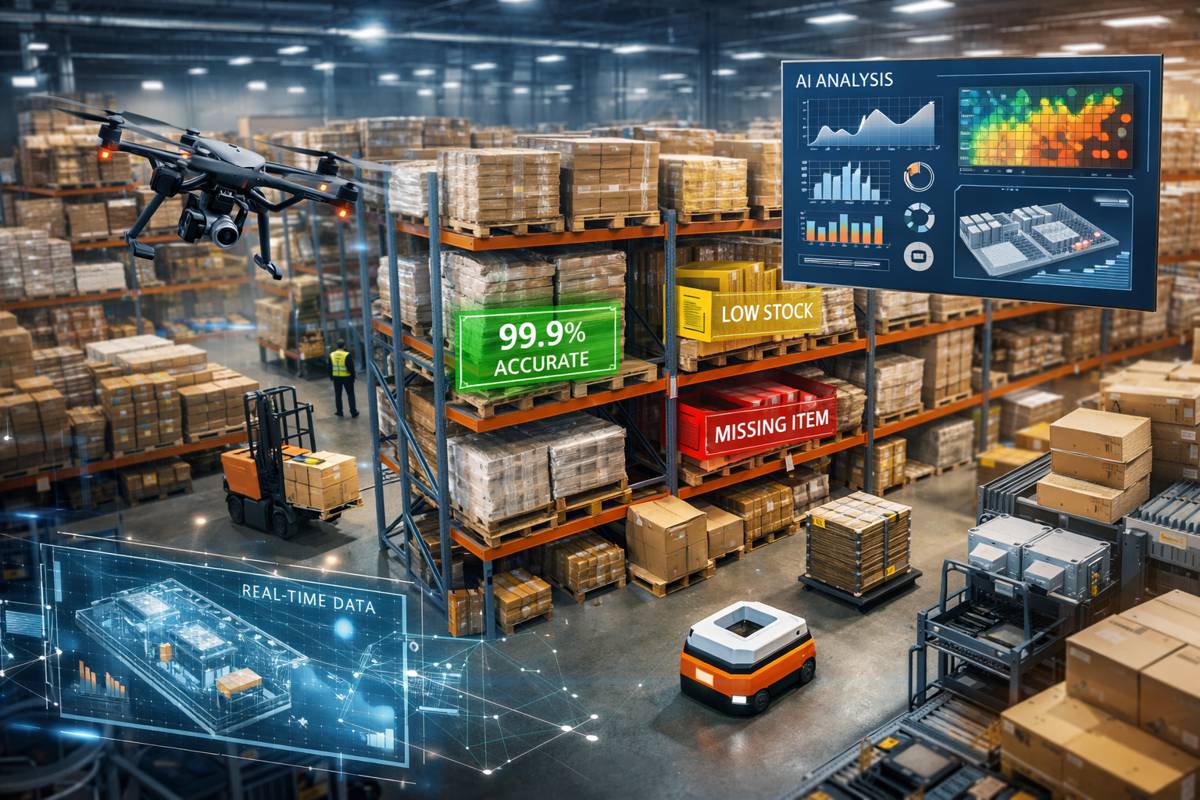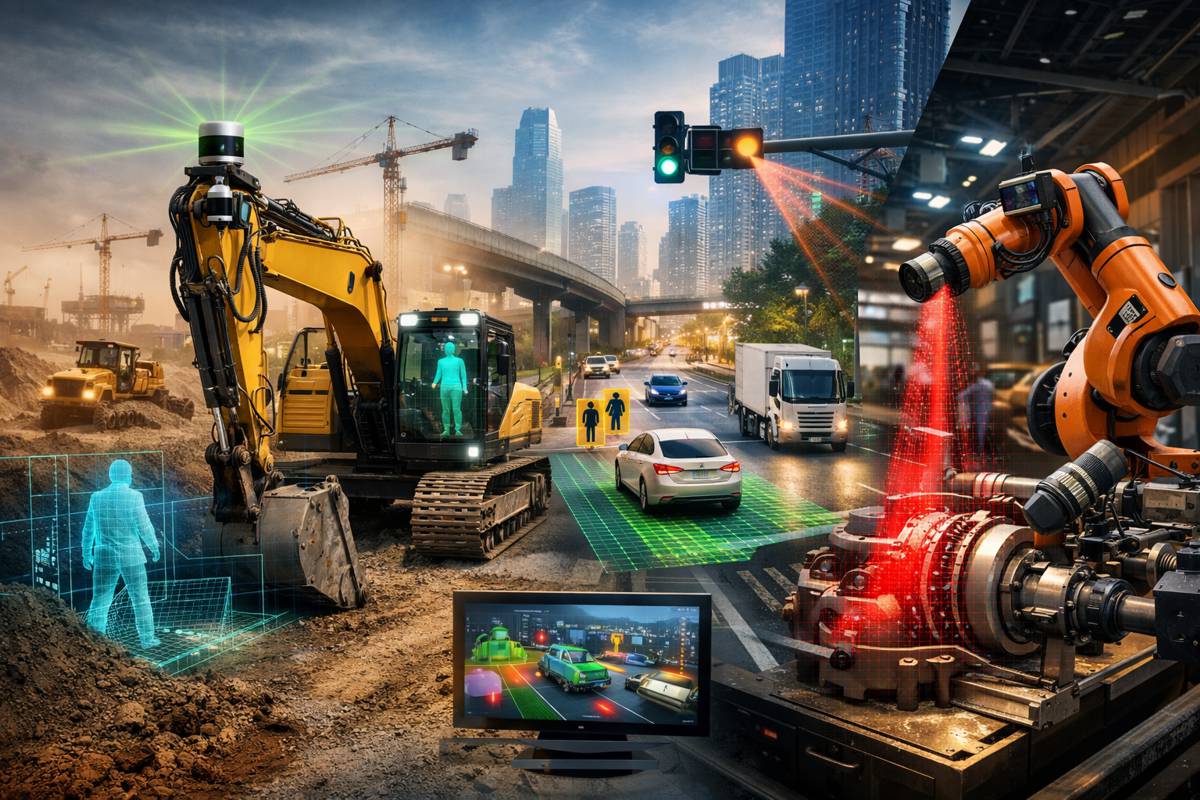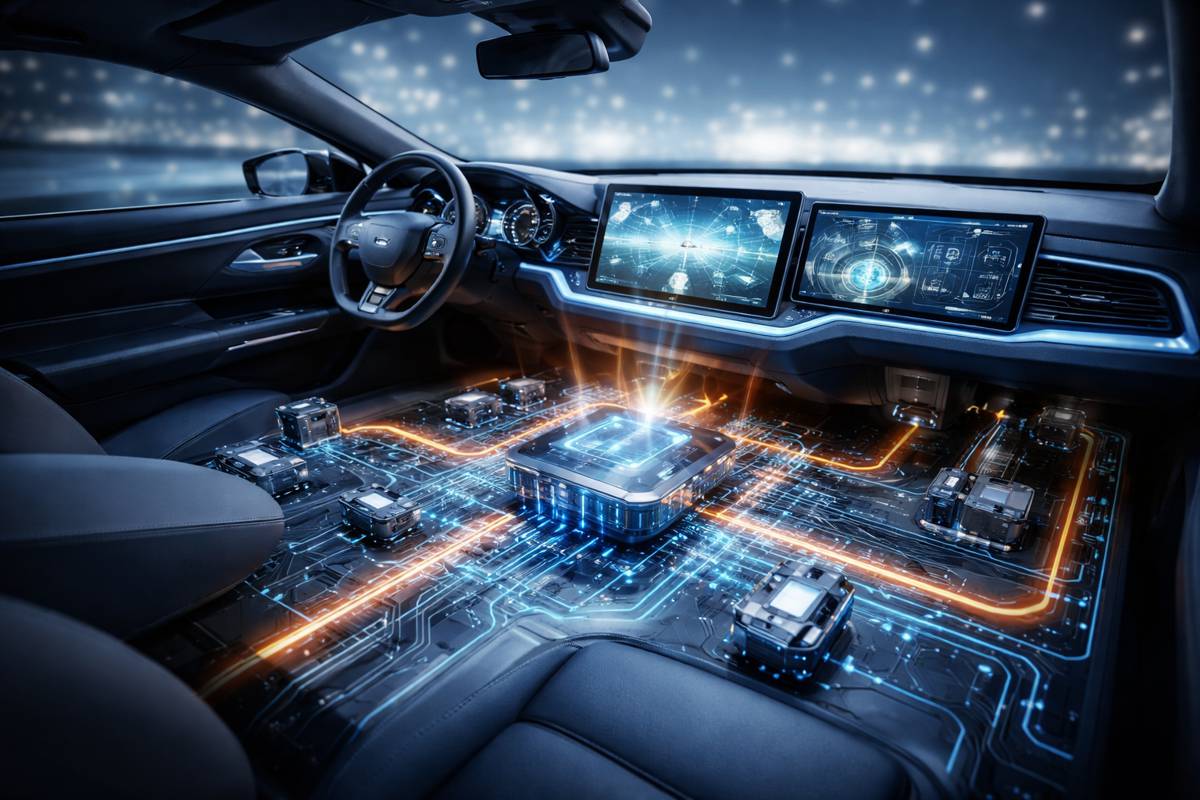Bosch Steers the Future of Trucking with Software and Technology Innovations
At the 2024 IAA Transportation trade fair, Bosch unveiled its ambitious plans to lead the transformation of the commercial vehicle industry.
The company, a technology powerhouse, is poised to expand its product portfolio to support the shift toward alternative powertrains for trucks and vans, while maintaining a commitment to technology neutrality. With a strategic reorganisation set to kick off in 2025, Bosch aims to capitalise on the growth opportunities within the global freight transport sector.
Pioneering Powertrain Diversity
Freight transport is the backbone of the economy, and its green transformation hinges on equipping commercial vehicles with diverse powertrain options. Bosch, a leader in the sector, has committed to advancing all forms of powertrains, from battery-electric to hydrogen fuel cells, and even making traditional combustion engines more efficient. The key, according to Markus Heyn, member of the Bosch board of management and chairman of the Mobility business sector, is maintaining technology neutrality.
“The transition to alternative powertrain systems in commercial vehicles can succeed only with technology neutrality,” Heyn stated at the IAA Transportation trade fair in Hannover. Bosch’s forecast suggests that by 2035, one in three new trucks will have a battery on board, while one in ten will feature a fuel cell. Meanwhile, hydrogen engines are expected to emerge as a viable option, although on a smaller scale.
This commitment to a multi-faceted approach means manufacturers can choose the best powertrain solution tailored to specific applications. Bosch is not just developing new technologies; it’s also pushing for a robust infrastructure of electric charging and hydrogen filling stations to support these vehicles, ensuring that the future of freight transport can go electric.
A Strategic Move for 2025
To better align its commercial vehicle operations with the evolving market, Bosch will be reorganising its commercial vehicle business within the Mobility sector starting in 2025. This move will consolidate essential competencies, including system development, product management, and portfolio oversight for trucks and off-highway applications, under a new business unit led by Jan-Oliver Röhrl, executive vice president for commercial vehicles and off-road.
“We’re convinced that this new setup will offer benefits to our customers – and that we will collaborate with even greater success as a result. Together, we want to get commercial vehicles on the road even more efficiently and safely,” Röhrl stated. By pooling resources and expertise, Bosch aims to drive innovation and enhance its market position in the commercial vehicle sector.
Growing Sales Despite Market Challenges
Despite a tough market environment, Bosch’s Mobility business sector recorded slight sales growth in 2024. While global vehicle production is expected to stagnate compared to the previous year, Bosch remains optimistic about its future. The company is targeting global sales of more than €80 billion by 2029, driven largely by growth in the commercial vehicle segment.
Bosch’s strategic reorganisation and focus on powertrain diversity are part of a broader effort to seize new opportunities emerging from the increased demand for greener freight solutions. By 2030, the company projects that around 20 percent of all newly registered commercial vehicles over six metric tons will be battery-electric, with an additional 3 percent powered by fuel cells.
Advanced Assistance Systems on the Rise
Bosch continues to innovate with advanced assistance systems that enhance safety and efficiency for commercial vehicles. One standout technology is the lane-keeping support system, which, according to an internal Bosch study, could prevent one in eight accidents caused by heavy trucks. The system not only saves lives but also reduces property damage costs for transport companies.
Another significant advancement is the electronic horizon system, which optimises driving by collecting data on topography, curves, and traffic signs. This intelligent system adapts a vehicle’s speed to its surroundings, improving fuel efficiency and cutting emissions. Electrically powered vehicles benefit even more, with improved energy efficiency extending their range. Over one million vehicles are currently equipped with this technology, demonstrating Bosch’s leadership in integrating smart solutions into the commercial vehicle market.
Software-Defined Mobility
As the automotive industry moves towards software-defined mobility, commercial vehicles are experiencing a paradigm shift. The growing demand for connected services and solutions in fleet management has made it crucial for trucks and vans to be updatable, similar to passenger cars. To support this transition, Bosch is consolidating vehicle intelligence into fewer, more powerful computers, reducing complexity and enhancing performance.
Bosch’s digital service platform for logistics, known as L.OS, addresses the specific needs of the transportation and logistics sectors. In collaboration with Amazon Web Services and other partners, Bosch provides a marketplace where freight forwarders and carriers can access a range of digital solutions for driver, transport, and fleet management, among other logistics needs.
Bosch’s connectivity solutions also help fleet operators minimise downtimes and improve vehicle utilisation. The company’s retrofit control unit can be added to any vehicle, allowing access to diagnostic data that informs predictive maintenance and operational efficiency. For instance, the Retrofit Efficiency module can adjust a truck’s speed based on route data, cutting fuel consumption by up to 4 percent. Such innovations offer fleet operators tangible cost savings while enhancing overall performance.
Shaping the Future of Commercial Vehicles
Bosch’s comprehensive approach to the commercial vehicle market—from advancing powertrain technology to leading in digital solutions—positions the company as a key player in the industry’s green transformation. With its reorganisation and commitment to innovation, Bosch is not just keeping pace with the industry’s evolution; it’s driving it forward.
This proactive stance, combined with an emphasis on technology neutrality, ensures that Bosch is ready to meet the diverse needs of modern freight transport. As Bosch and its partners continue to push the envelope, the future of commercial vehicles looks brighter, greener, and more efficient than ever.








